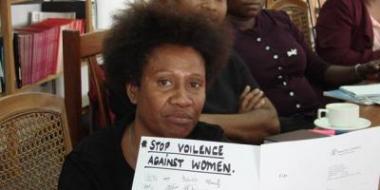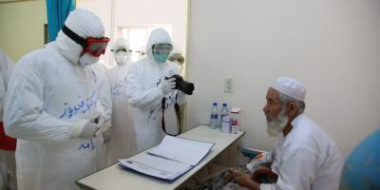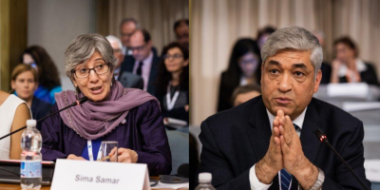Afghanistan: IDLO, President Ghani in Rule of Law Talks
(Kabul, Afghanistan) A delegation of the International Development Law Organization (IDLO), led by its Director-General Irene Khan, has concluded a visit to Kabul, Afghanistan where she met President Ashraf Ghani and the leadership of the country’s justice institutions to discuss the importance of justice sector reform i















